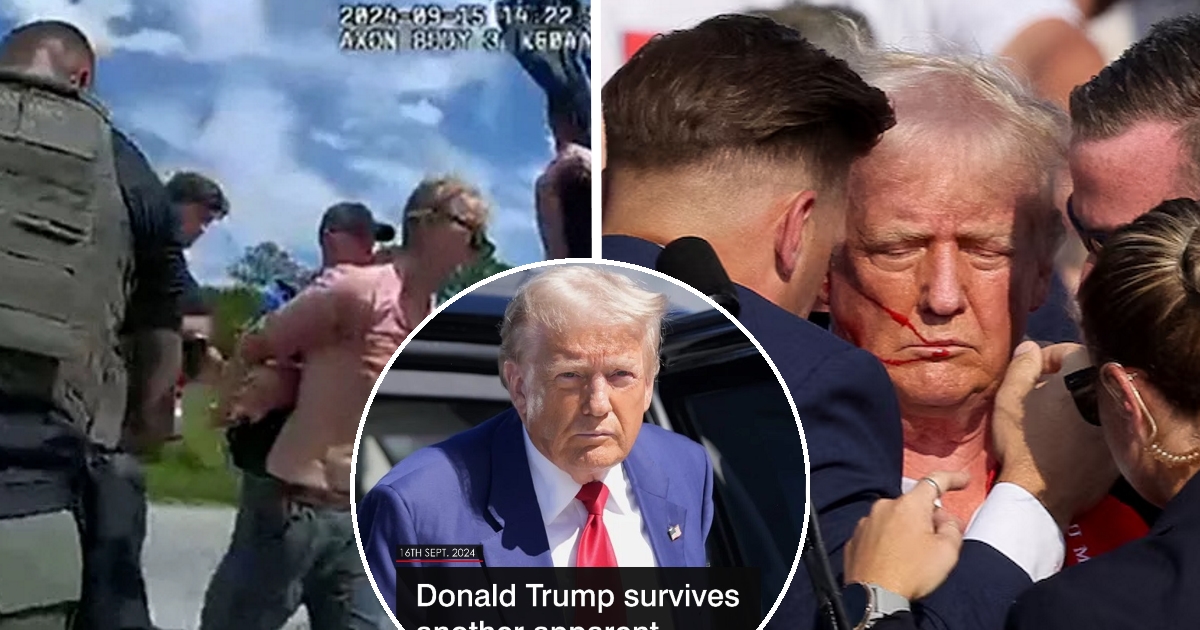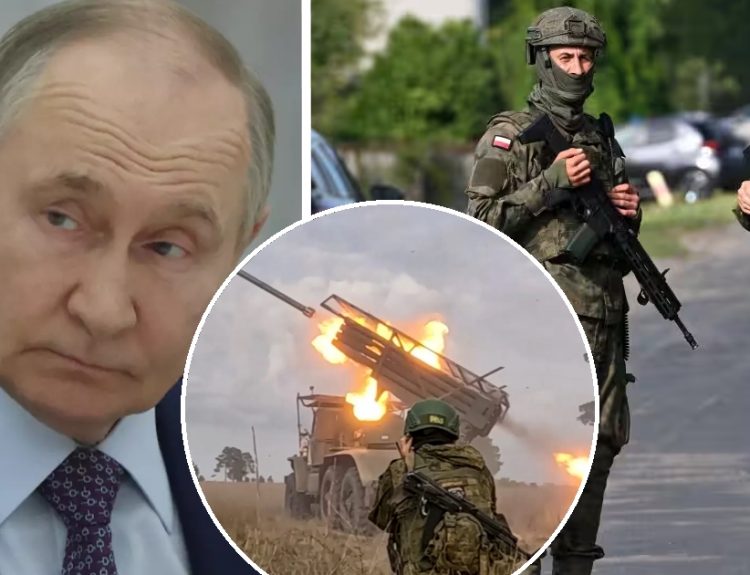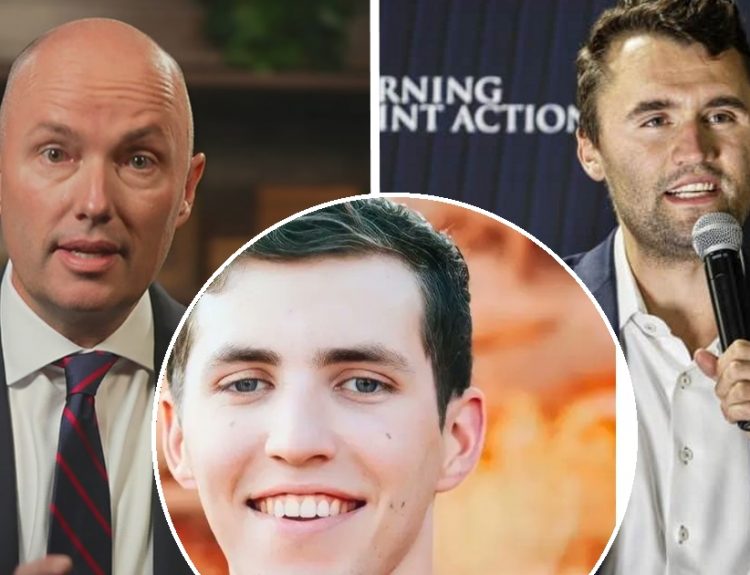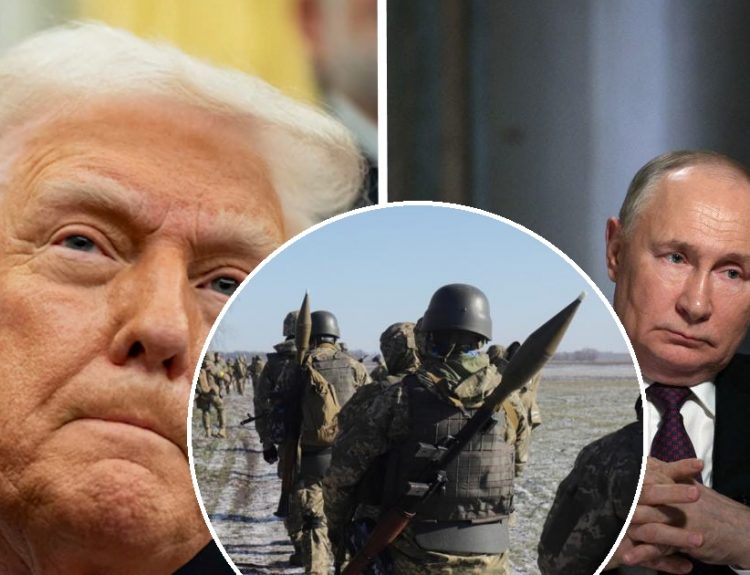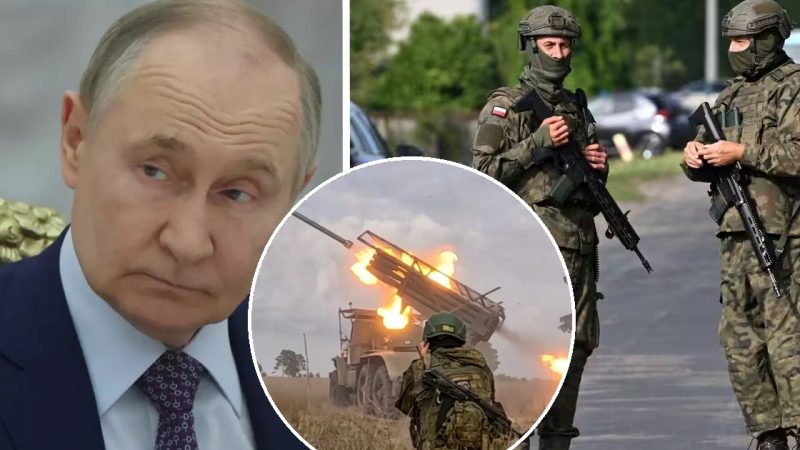One year ago today, chaos unfolded on a Florida golf course when former President Donald Trump became the target of what the Secret Service later described as a carefully planned assassination attempt. Armed with a rifle and hidden in bushes nearly 400 yards away, a man identified as **Ryan Wesley Routh** waited for Trump to take his swing at Trump International Golf Club in West Palm Beach. Agents spotted the barrel, fired at the suspect, and took him into custody. Trump walked away unharmed—but America was once again left stunned. Reuters confirmed Routh was charged with attempted assassination of a presidential candidate.
The attack came just months after the shocking July 2024 rally shooting in Butler, Pennsylvania, where a rooftop gunman opened fire, grazing Trump’s ear and killing one attendee. That first attempt, captured on live cameras, already ranked as one of the most serious political attacks in modern U.S. history. But the Florida incident proved the threat wasn’t isolated. BBC News wrote that the back-to-back attempts forced America to confront the reality of a new era of political violence.

“One year ago today: Trump survived his SECOND apparent assassination attempt. We forget too quickly.”— @HistoryInPolitics
Federal prosecutors later revealed chilling details: Routh had traveled across states, studied Trump’s schedule, and deliberately positioned himself with a semiautomatic rifle. According to the U.S. Department of Justice, he faces multiple federal charges including attempted assassination and illegal possession of a firearm. Investigators said quick action by Secret Service agents likely prevented a catastrophic outcome that could have changed the course of American history.
In the aftermath, Trump used the moment to strike a defiant tone. He told supporters that “evil will never prevail” and vowed to continue campaigning without fear. His allies framed the attempts as proof that Trump was under siege for challenging the establishment. Fox News carried reactions from Republican leaders who called the golf course attack “a wake-up call” for the nation.
“They tried to take him out in Butler. They tried again in Florida. He’s still standing.”— @MAGAUpdates
President Joe Biden, speaking from the White House after the Florida incident, emphasized unity rather than division. He said the Secret Service “needs more help” and warned that rising threats against public officials put democracy itself at risk. People Magazine reported Biden’s call for expanded funding for protective services, though the remarks were met with skepticism from Trump loyalists who accused Democrats of downplaying the danger.
Behind the scenes, officials acknowledged security gaps. The New York Times revealed internal memos showing frustration within the Secret Service about staffing shortages and outdated surveillance equipment at golf courses, which lack the controlled perimeters of campaign rallies. Some agents worried the agency had grown complacent despite the Butler shooting just weeks earlier. Congressional hearings soon followed, with Republicans demanding accountability.
For Trump’s supporters, the Florida attack became part of a martyrdom narrative. Vigils sprang up outside Mar-a-Lago, where crowds lit candles and prayed. Hashtags like #ProtectTrump and #NeverSilenced trended for days. On Truth Social, Trump posted: “They want me gone. But we will not be broken.” CNN noted that the statement galvanized his base heading into the final stretch of the election campaign.
“Sept 15, 2024: a man with a rifle hid in bushes at Trump’s golf club. The Secret Service stopped him. That’s the only reason we’re not living in a different world today.”— @DemocracyWatch
For critics, the incidents underscored just how volatile America had become. Analysts told The Washington Post that the normalization of political violence, threats against lawmakers, and armed protests had reached “unprecedented levels.” Some warned that the July and September attempts were not isolated outliers but symptoms of a nation on edge. Civil rights groups called for new legislation addressing online extremism, which they say incubates many of these plots.

Routh’s motives remain murky. Court filings suggest he harbored extremist views and consumed online content that painted Trump as a threat to democracy. Yet friends interviewed by The Miami Herald described him as quiet and unassuming, shocking those who knew him. Prosecutors say they will present evidence of detailed planning at his upcoming trial, including maps and surveillance photos recovered from his devices.
Today, one year later, the legacy of the Florida attempt lingers. Security for Trump has been dramatically tightened, with golf outings now surrounded by layers of surveillance and local law enforcement. The Secret Service has requested unprecedented budget increases. And politically, the attempt has been woven into Trump’s narrative of survival and destiny. At rallies, he references both Butler and Florida as proof that “God is protecting this mission.” The Guardian covered how the anniversary is being marked by both grief and defiance.
Historians note that no modern American president or candidate has survived multiple assassination attempts in such a short span. Some compare the atmosphere to the late 1960s, when political figures from Martin Luther King Jr. to Robert F. Kennedy were gunned down. But in Trump’s case, survival itself has become part of the story—a political weapon wielded to rally his base and challenge his enemies. “Every time he walks away from one of these attempts,” historian Jon Meacham told TIME, “it deepens the mythology of Trump as indestructible.”
“One year since the Florida attempt. America is still grappling with the reality that a presidential candidate has now survived TWO.”— @GlobalWatchNow
Whether remembered as near-misses or turning points, the Butler and Florida attempts have left scars on America’s political landscape. They’ve raised the stakes for every public appearance, sharpened divisions between parties, and forced the country to reckon with what happens if rhetoric keeps spiraling. On this grim anniversary, one thing is clear: Donald Trump’s survival is not just a personal story but a national warning—that the line between politics and violence in America has never been thinner.

